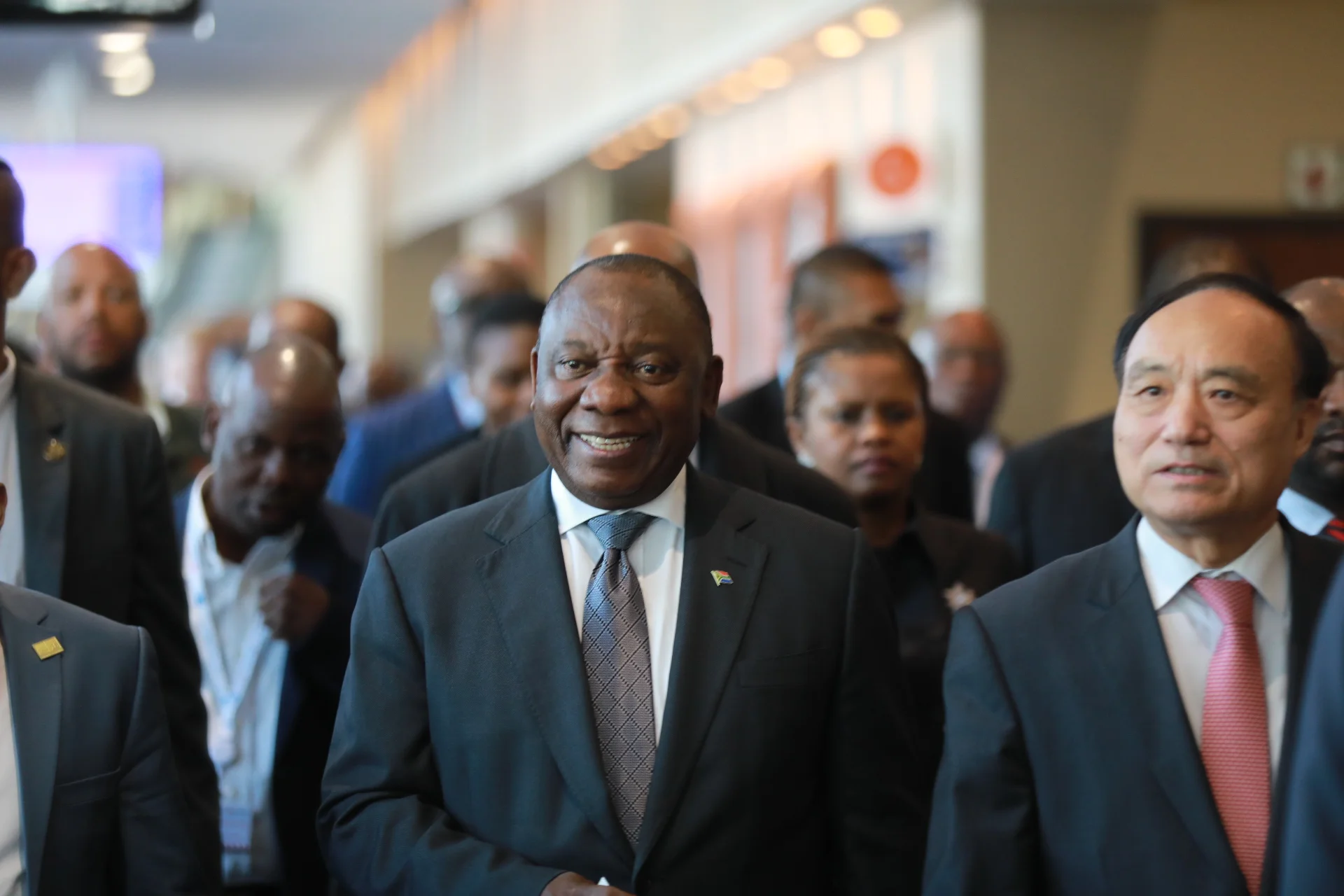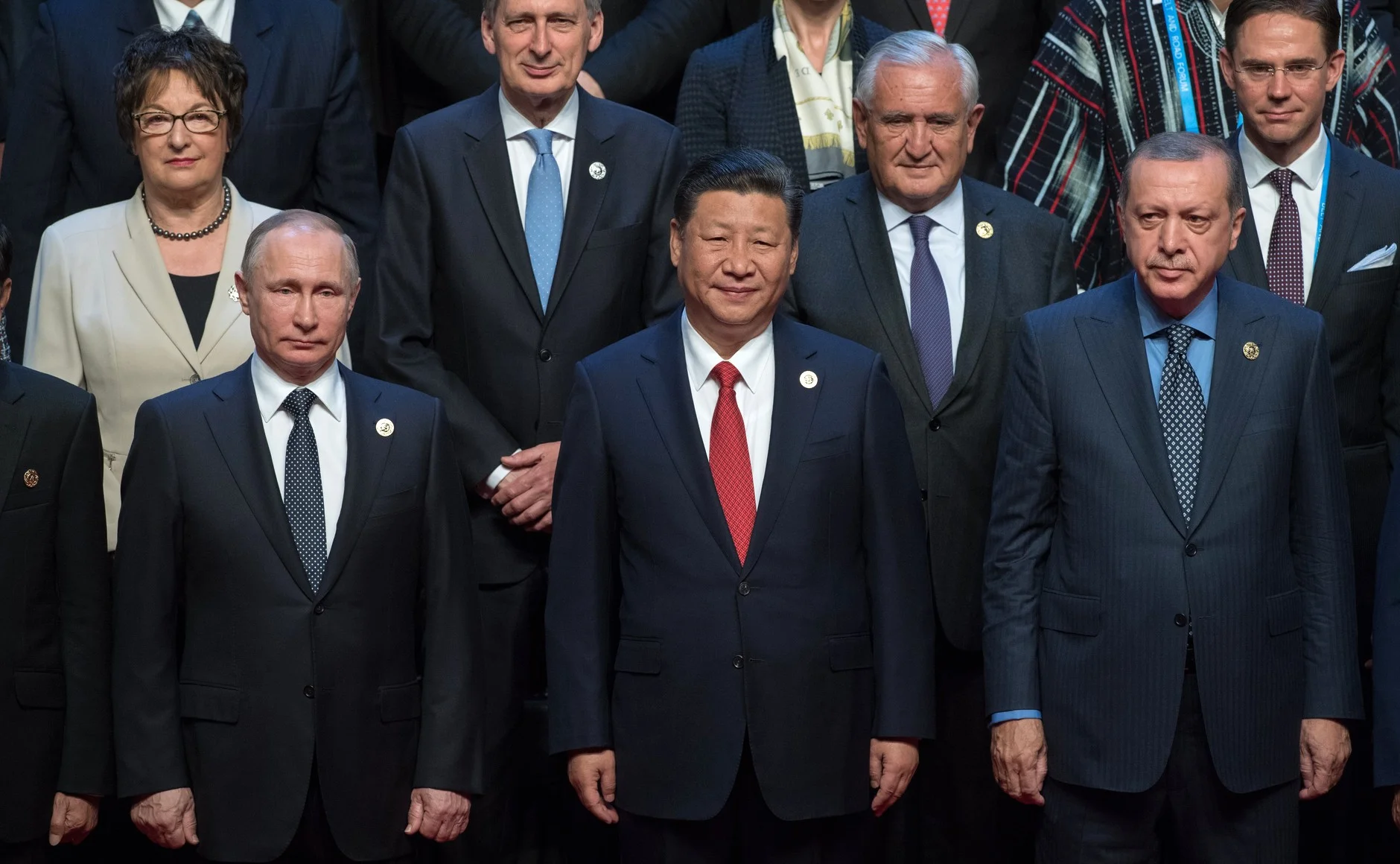Trends of 2019: Africa
AFR Editor Sarah Mathys contributed to this Trends of 2019 piece.
Social Media
Social media and internet-related issues will continue to advance progress in the region but may hinder it in some contexts. As the Anglophone crisis—a conflict in the English-speaking Northwest and Southwest regions of Cameroon—heats up, social media and the internet have taken center stage. While President Paul Biya has turned off the internet in the two regions in the past, Anglophone activists have used Facebook, WhatsApp, and Twitter to protest the internet shutdown, detainment of journalists, and other efforts by the government to suppress rebellion.
The Caravel’s sections are divided along these geographical lines.
Similarly, on the other side of the continent, social media has increased political consciousness among Ugandans, especially regarding their aging president. In August of 2018, President Yoweri Museveni had musician and Member of Parliament Bobi Wine arrested and beaten for campaigning for the opposition party. Government statements about the incident blamed protesters for instigating violent conflict. However, photos shared on social media do not support this version of the story. With political tensions high, social media will likely continue to serve as a tool for activists to bring governmental abuses to light across the continent.
A Look Ahead at Elections
A dozen countries across the continent have major elections scheduled for 2019. Nigeria and Senegal held elections on February 23 and 24 with controversial results, but many of the upcoming elections are expected to be less contentious.
Algeria will hold presidential elections in April. According to Abdelillah Bendaoudi, an analyst at the Washington Institute, regional analysts expect the current president, Abdelaziz Bouteflika, to announce his candidacy for re-election. Whether Bouteflika is re-elected or not, whoever assumes the mantle will have to confront many internal and external challenges, including high unemployment among youth, high inflation rates, and regional insecurity in neighboring Libya and Mali.
In May, South Africans will also have the chance to elect a new president or grant the incumbent, President Cyril Ramaphosa, a full term in office. Ramaphosa, who acceded to the presidency when Jacob Zuma resigned in February 2018, will lead the ruling but embattled African National Congress and attempt to maintain majority status in parliament. Mmusi Maimane and Wilmot James, prominent members of the opposition, currently stand as front-runners for the Democratic Alliance candidacy.
Namibia, Mauritania, Botswana, and Tunisia will also elect new presidents near the end of 2019. Namibia will be the second country on the continent to use electronic voting after the Democratic Republic of the Congo’s election was marred with controversy over use of the technology late last year. If the Namibian elections are successful, electronic voting machines could play a significant role in future elections across the continent.
The governmental crisis in Sudan is likely to peak in 2019. President Omar al-Bashir declared a state of emergency and banned all political protest after demands for his resignation grew stronger earlier this year. On February 23, al-Bashir replaced his vice president and promised change for the country, but it is unlikely that this will quell the tide of protest. As a whole, major elections and political shake-ups like those in Sudan will usher in a new era of leadership on the continent in the coming year.
Women
Citizens in Africa elected a record number of women to leadership positions across the continent in 2018. Rwanda has ranked among the top five countries globally for gender equality for the past several years, and women represent 67 percent of incoming parliamentarians in 2018, up from 64 percent in 2017. In Ethiopia, Sahle-Work Zewde became the country’s first female president, and women currently hold half of the government’s top ministerial positions. In West Africa, Ellen Johnson Sirleaf, the first elected female head of state in Africa, stepped down after completing her second term as president, strengthening her legacy by contributing to a peaceful transition of power for the country in early 2018. Although gender disparities still significantly impact the continent’s development, the increasing role of women in government will lead to exciting advancements for women’s rights in 2019.
Sahle-Work Zewde was elected as Ethiopia’s first female president in 2018. (Wikimedia Commons)
China and FDI
Chinese investment in and partnerships with African countries will continue to strengthen in 2019. China has already established strong footholds in many African countries, such as Djibouti and Mozambique. While plenty of Western media and academia purport that Chinese partnerships allow the country to wield significant political influence on the continent, some Africanists doubt that China possesses enough power to influence African regimes. Obert Hodzi, who researches China and Africa and the relationship between the two, wrote that China is actually focused on longer-term strategic relations.
Chinese involvement in East Africa has contributed significantly to the region’s burgeoning infrastructure but has not come without controversy. The Chinese government’s Belt and Road Initiative has led to increased regional integration across the East African Community, but many projects—including the ambitious Kenyan railway connecting Nairobi and Mombasa—face allegations of corruption from both Kenyan and Chinese officials. Additionally, some politicians and analysts see China’s lending practices as predatory; critics warn that Chinese loans have the potential to plunge African countries deeper into debt.
Chinese President Xi Jinping stands with other dignitaries at the 2017 Belt and Road Initiative International Forum. (Wikimedia Commons)
In addition to financial concerns, Chinese presence in Africa has led to numerous altercations and an increased awareness of race that many find problematic. Laborers state that their Chinese bosses frequently use racial slurs, while English-language Chinese television continues to use blackface. In 2019, China’s involvement in Africa will likely increase, helping the continent to grow its infrastructure while potentially worsening the debt burden and attracting new claims of neocolonialism and racism.
Cooperation
Discourse surrounding intra-continental cooperation will continue in the coming year. The African Union contends that Africa will be a “continent of seamless borders” by their target year of 2063. This includes the free movement of goods, services, and people across the continent. What Vik Sohonie, in Africa Is a Country, calls the absence of “passport privilege” is a real problem for many Africans, who face significantly more barriers than residents of other places. Talks over the possibility of visa-free travel within Africa and the easing of other border restrictions may gain increased traction in 2019. However, these plans will develop slowly. According to the Economist, less than a quarter of African countries currently offer visa-free or visa-on-arrival access to other Africans.





